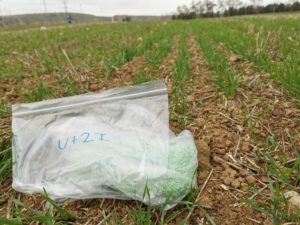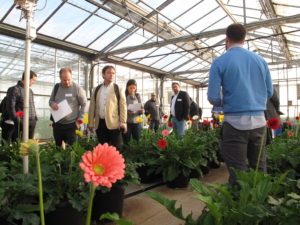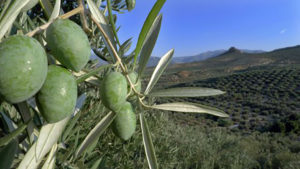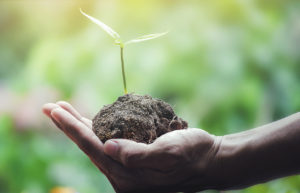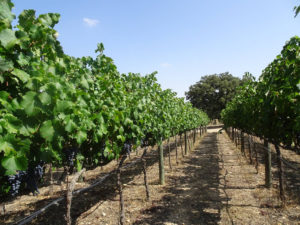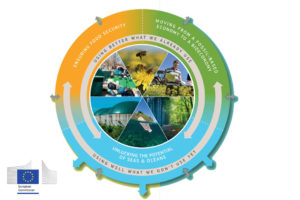
Circular Bioeconomy
In 2012, the European Commission proposed its first Bioeconomy strategy and action plan to facilitate the transition towards greater innovation, resource efficiency, and competitiveness. This proposal was renewed in 2018, with more emphasis on climate change mitigation strategies, developing a circular economy, and progressing towards achieving Sustainable Development Goals (SDG).



